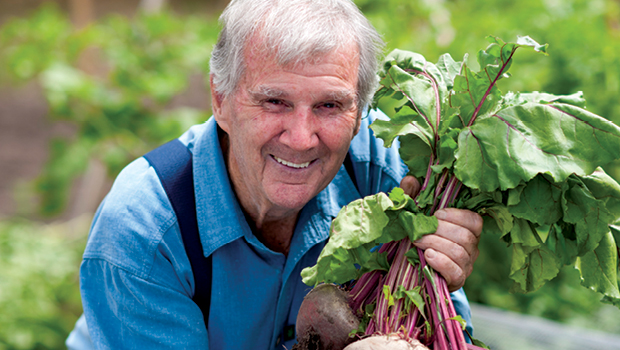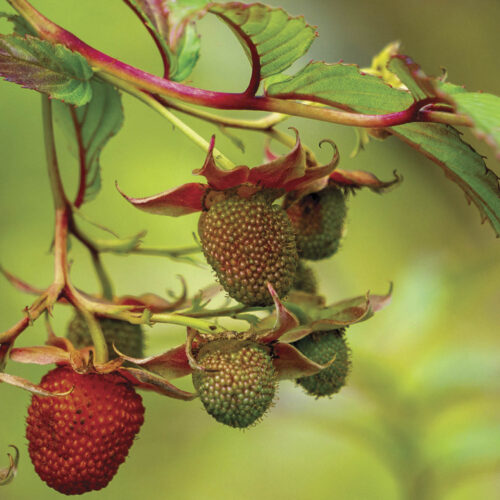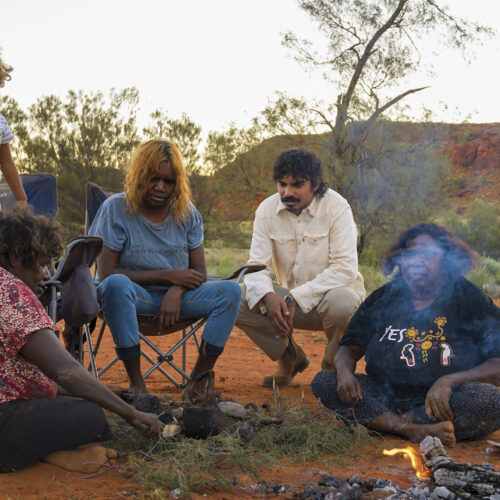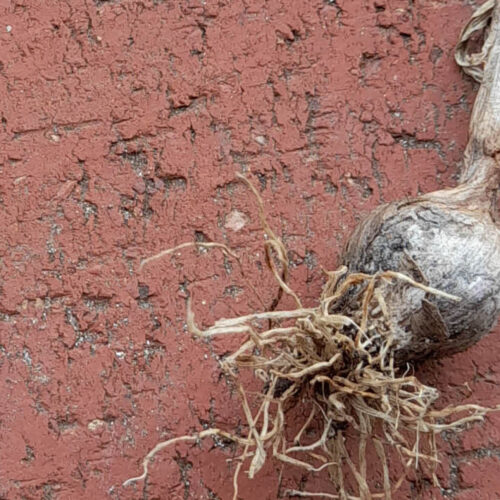Viva la revolution!
2017-05-16T05:04:55+10:00
Peter Cundall celebrates the organic ‘revolution’ and invites you to join him in growing food in your urban space.
We’re in the middle of an extraordinarily beneficial and irreversible revolution, probably the most peaceful, life-changing movement in the history of the human race… and it’s worldwide.
Everywhere, more and more people are not only starting to grow their own food, but doing so organically, without using toxic sprays or life-disrupting chemical fertilisers. The immediate rewards go to children, the most important people on earth, but as this movement spreads, it could be a significant counter to climate change and help ensure the survival of life on earth.
In many ways this increasing demand for organic produce is
a rebellion against the deteriorating qualities of the processed, chemical-treated and unlabelled, genetically modified food for sale.
There is also the powerful human instinct for survival as people everywhere begin to sense a bleak future as modern technology relentlessly replaces jobs.
Over the last few decades, individual and community food gardens have been springing up in suburban gardens, inner-city parks, school grounds and previously vacant lots.
This is what this Essential Guide is all about.
Real food, real flavour, real health
For the first time, many people are tasting delicious vegetables and fruit, bursting with real flavour. They are also discovering why organically grown food, brims with a health-giving, fibre-rich content of essential minerals and vitamins.
Many modern health problems, especially obesity, high blood pressure, forms of diabetes and colon cancer can be kept at bay or under control by involvement in these natural food gardens: they combine nutritious food obtained from soil made fertile by natural methods with the welcome exercise involved in growing it.
Healthy soil teems with a balance of vital, living organisms, healthy bacteria, fungi and a flourishing earthworm population. It is by far the most valuable resource of any nation – apart from people.
In a working, productive organic food garden, soil fertility is constantly maintained and increased, even as crops are grown and harvested. After all, there is virtually no waste as all unused organic matter is returned to the soil as compost, the richest and most gentle of all fertilisers.
Community of growing
In 2014 I travelled through Japan, China, Russia, Scandinavia, all of Europe, Britain, Ireland and Vietnam to study this rapidly increasing worldwide organic revolution. It was an astonishing, fascinating and inspiring experience.
Most impressive were the countless community food gardens in these countries where enthusiasts from various ethnic groups, war veterans and people with disabilities, worked alongside each other.
Many community gardens are also teaching centres where knowledge is freely shared and newcomers of all ages and backgrounds are made welcome. Of particular interest are how ethnic barriers and other forms of discrimination quickly disappear as people share their experiences, seeds, plants and even recipes.
Most exciting of all for me are the hundreds of primary school gardens now in full production in all parts of Australia. Many have been deliberately linked with food prep studies and even school canteens where most of the organic fruit and vegies grown by children are made into tasty dishes.
This is another Organic Gardener Essential Guide that can never gather dust on a bookshelf. It’s all about getting involved in this positive, people-friendly revolution for healthy soil, healthy plants and healthy people. Come and join us.
For all you need to know to grow in your urban space get the digital version of ABC Organic Gardener Essential Guide: Urban Farming.






